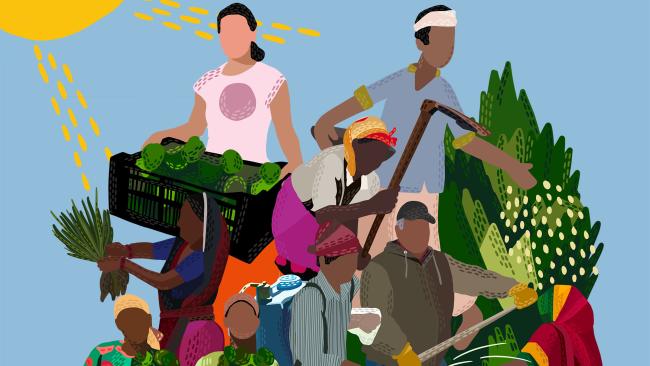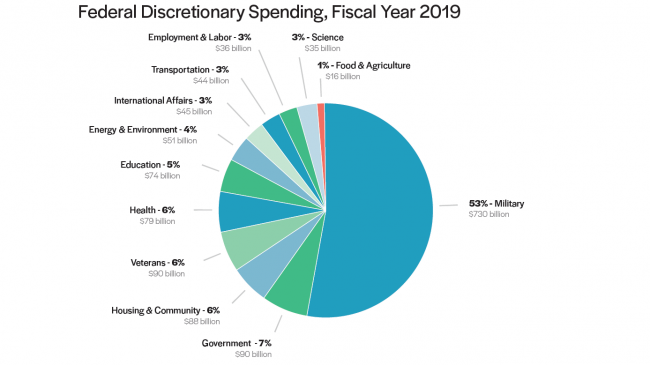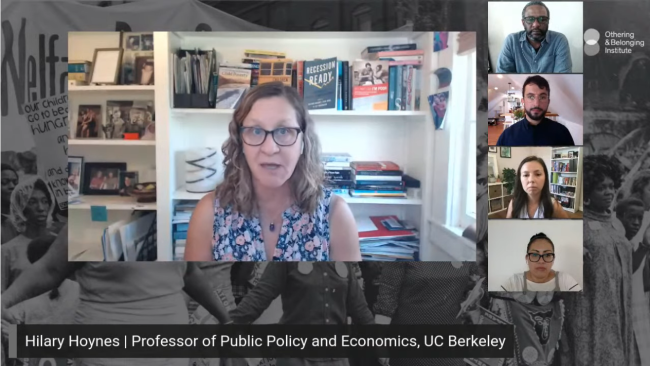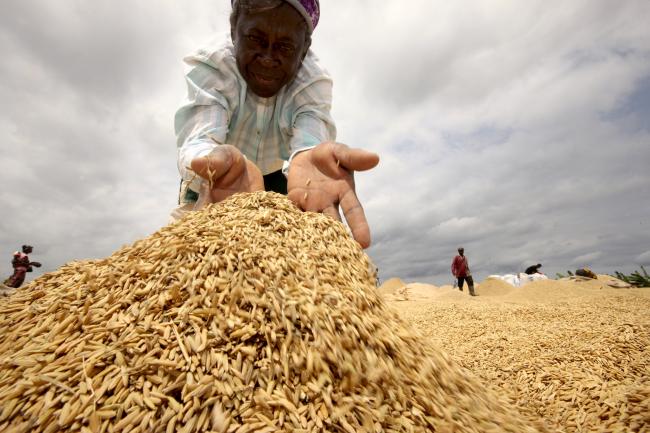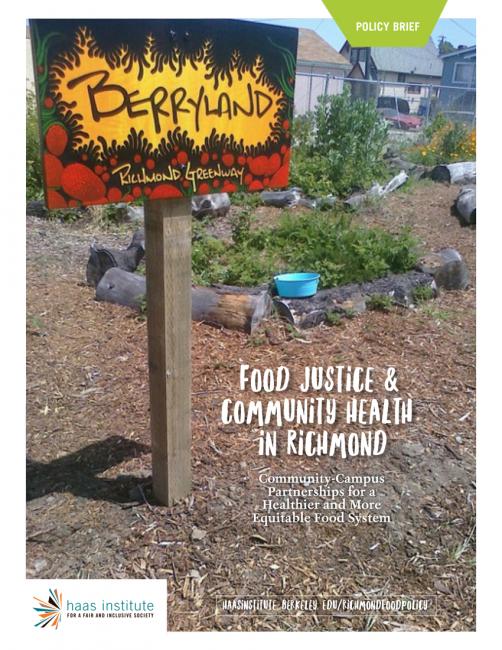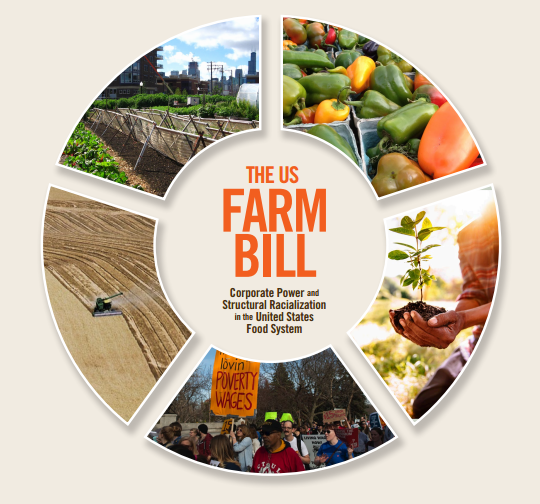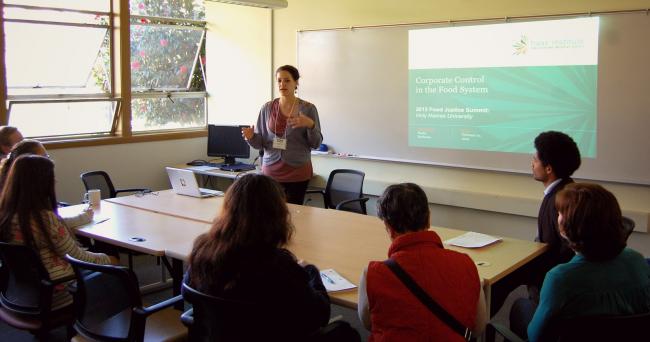From unjust treatment of farm workers to international trade agreements, and from food and agriculture policies and legislation to corporate power, our current food systems are deeply inequitable. The farm workers who pick the food we eat, for example, are disproportionately impacted by food insecurity, while wealthier consumers of those same products are likely to produce high levels of food waste. By understanding the vast array of lived experiences surrounding our food systems, as well as the structures, policies and practices that underpin these experiences, we aim to identify and test strategies for developing more equitable food and agriculture policy in support of the larger movement for food justice.
One of our main contributions to food justice is rooted in research that decodes corporate influence and misalignment in the food system. The Shahidi Project (a Kiswahili word meaning “witness”) aims to demystify the power structures and capacities of transnational corporations by developing a robust database of the largest food and agricultural corporations in the world—and the brands they own. Another key area of research is around the US Farm Bill, where we have found underlying contradictions regarding race, gender, and corporate power, as well as policy outcomes characterized by widespread social, economic, political, and environmental inequity. In addition to food justice research at the international and national levels, we also support food equity at the local level via research around Bay Area food systems.




